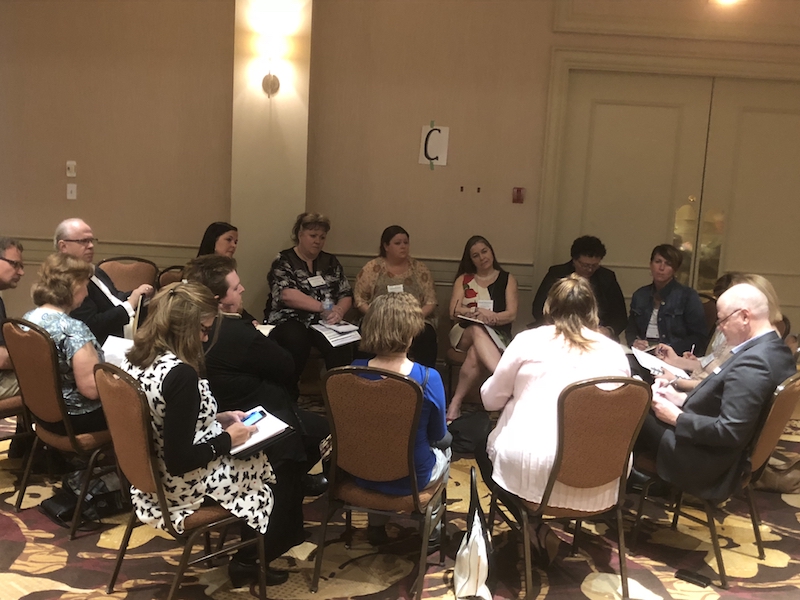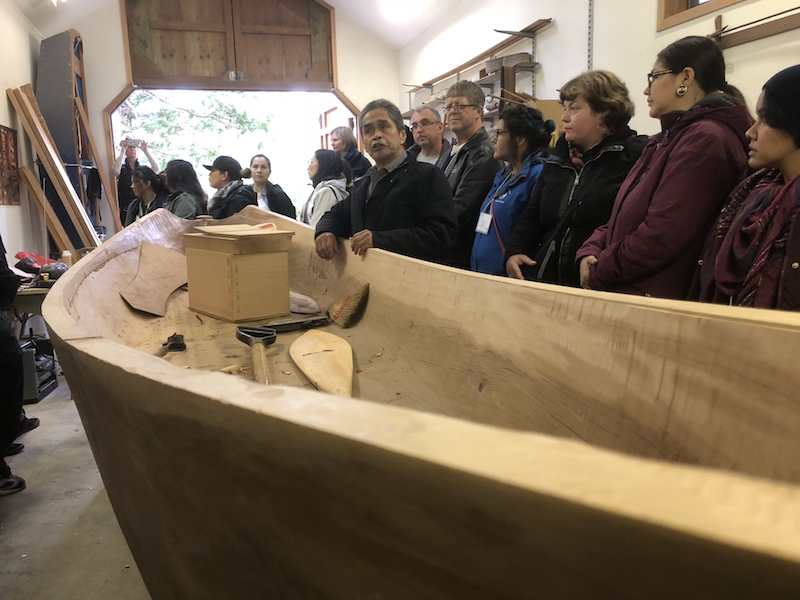
Erich Fromm studied love and connection as his life’s work. Along the way he was able to study and learn about the art of some of the core capacities of loving. From a blog post today on Fromm’s work, comes this simple set of principles for deepening the art of listening (in his own words): The basic rule for practicing this art is the complete concentration of the listener. Nothing of importance must be on his mind, he must be optimally free from anxiety as well as from greed. He must possess a freely-working imagination which is sufficiently concrete to …

Over the past few years, I have been thinking a lot about what it means to develop artistic mastery in facilitation/hosting practice. It’s an important topic to me because I teach this work, and it’s not always easy to design deep learning when people are expecting to become instantly good at facilitation after a single workshop. The Art of Hosting is a practice founded on tools, rooted in theory. It takes time to understand and integrate this practice and become masterful at it. I often draw parallels between learning the practice and development of mastery in the arts. Today I …

Reflecting these days on some two day courses I have coming up, including one on complexity and social change, one on invitation practice and one on Open Space. Each of these courses is workshop to introduce people to a practice or a set of practices, as opposed to techniques and skills. In each of these workshops people will come away with an ability to go into the practice, literally as artists. These are not technical trainings designed to download procedures and methods. They are courses that will leave you ready to practice, ready to make mistakes and learn as you …

My friends over at the Social Labs Revolution website have been fielding questions about the prototyping phase of labwork and today published a nice compilation of prototyping resources. It’s worth a visit. It got me thinking this morning about some of the tools I use for planning these days.
in most of our leadership training work and our strategic work with Harvest Moon, we devote at least a half day to working with limiting beleifs using a process developed by Byron Katie called simply The Work. At its simplest, the work is a process of inquiring into limiting beliefs that are unhelpful in our work and lives. Such beliefs often include judgements, ideologies and other beliefs that prevent us from really seeing the reality we are dealing with. Some of these beliefs are so strong that we take them for granted – such as “Richard shouldn’t have punched Eric” …

